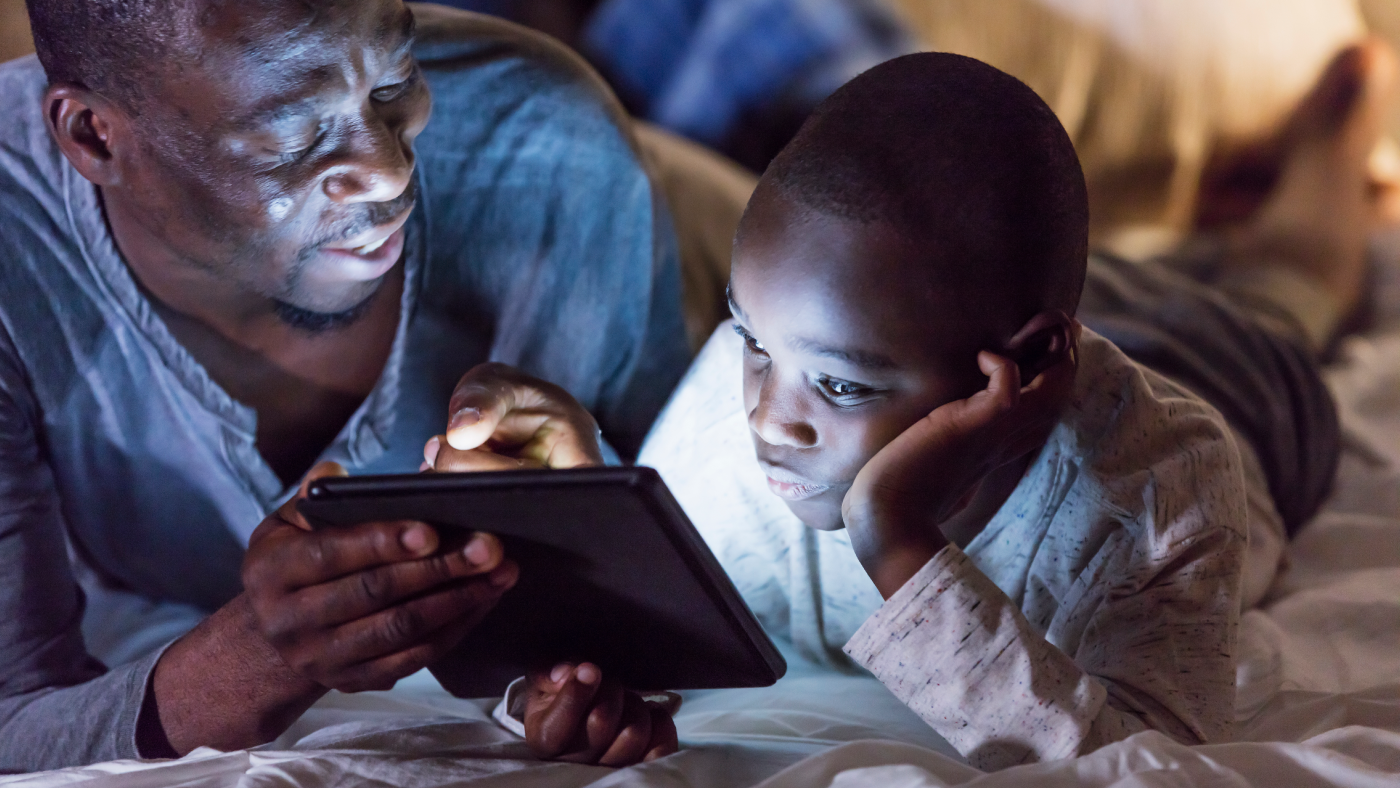“On Demand” Citizens: e-government at high speed
How Americans get in touch with government and how the advent of high-speed home internet adoption will effect government-citizen interactions.
How Americans get in touch with government and how the advent of high-speed home internet adoption will effect government-citizen interactions.
79% of internet users have searched online for health information, with increasing interest in diet, fitness, and drug information
Eight in ten internet users have looked online for information on at least one of 16 health topics, with increased interest since 2002 in diet, fitness, drugs, health insurance, experimental treatments, and particular doctors and hospitals.
Experimental research from the Pew Internet & American Life Project and BuzzMetrics suggests that political bloggers can make an impact on politics, but they often follow the lead of politicians and journalists.
NEW YORK, May 16, 2005 – Experimental research from the Pew Internet & American Life Project and BuzzMetrics suggests that political bloggers can make an impact on politics, but they often follow the lead of politicians and journalists. A preliminary report released today, entitled “Buzz, Blogs and Beyond: The Internet and the National Discourse in […]
Experimental research from the Pew Internet & American Life Project and BuzzMetrics suggests that political bloggers can make an impact on politics, but they often follow the lead of politicians and journalists.
The number of people who make charitable donations online has roughly doubled since 2002, but there's plenty of room for growth.
The Kansas State Board of Education has begun hearings on whether to change the way that biology is taught in public schools to include the teaching of intelligent design, a contrary theory to that of evolution and natural selection.
Demographic differences in Web site design -- captured by a staple of Halloween parties and roller skating rinks.
A day in the life at the Pew Internet Project and other revelations.

Roughly four-in-ten Americans have experienced online harassment. Growing shares face more severe online abuse such as sexual harassment or stalking.
Two-thirds of parents in the U.S. say parenting is harder today than it was 20 years ago, with many citing technologies, like social media or smartphones, as a reason.
From distractions to jealousy, how Americans navigate cellphones and social media in their romantic relationships.
Majorities of U.S. adults believe their personal data is less secure now, that data collection poses more risks than benefits, and that it is not possible to go through daily life without being tracked.


